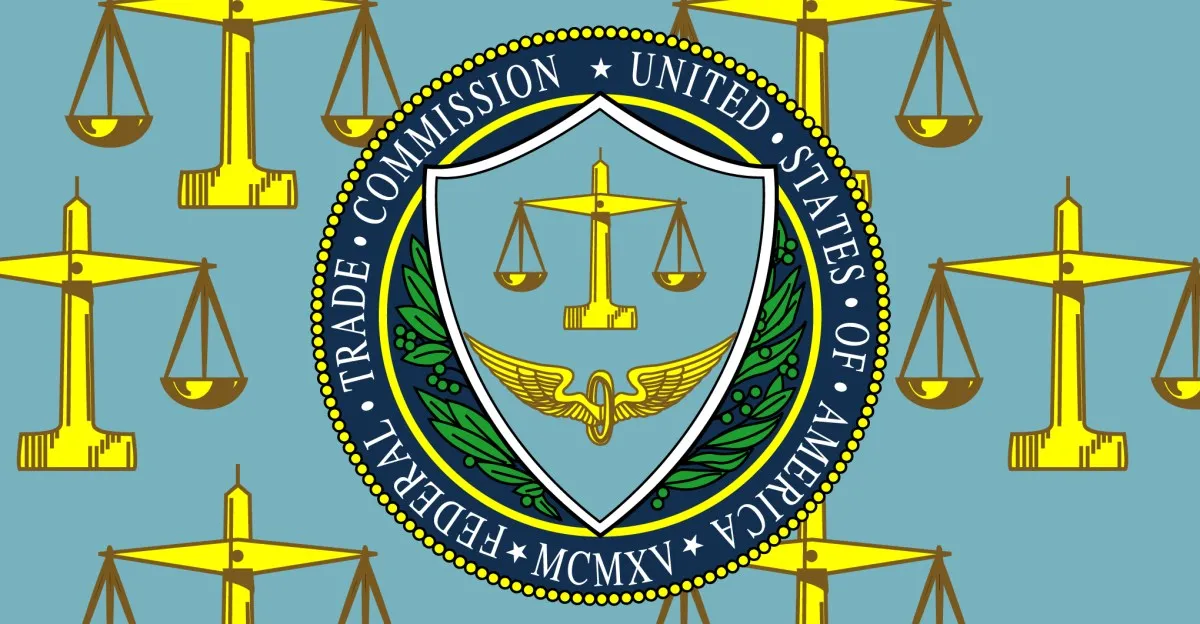
A recent decision by a federal appeals court has significant implications for consumers and subscription services alike. The Federal Trade Commission (FTC) had introduced a new regulation known as the click-to-cancel rule, which aimed to make it easier for consumers to cancel their subscriptions. This rule was scheduled to take effect next week but has now been thrown out entirely by the Eighth Circuit Court.
The click-to-cancel rule required subscription services, ranging from gym memberships to popular platforms like Amazon Prime, to provide customers with a cancellation process as straightforward as the sign-up procedure. This regulation aimed to empower consumers by ensuring that they could terminate recurring payments with the same ease they experienced when initially subscribing.
Last fall, various industry groups raised objections to the FTC's rule. Organizations representing companies that profit from subscription revenues—including cable providers, entertainment studios, advertising firms, and home security companies—sought to block the regulation in court. They argued that the FTC was attempting to impose a blanket regulation over consumer contracts across all industries.
In a unanimous ruling by a three-judge panel from the Eighth Circuit, the court determined that the FTC had made significant procedural errors in implementing the click-to-cancel rule. The judges emphasized that while they do not condone unfair practices in negative option marketing, the flaws in the rulemaking process were severe enough to warrant the rule's complete invalidation. The court stated, “the procedural deficiencies of the Commission’s rulemaking process are fatal here.”
The Eighth Circuit noted that the FTC failed to follow necessary steps, which included not allowing stakeholders adequate opportunity to express concerns about the proposed rule. The court acknowledged that although the FTC's decision to bypass some analyses wasn’t made with bad intentions, it created uncertainty about whether stakeholders' comments could have influenced the final decision. This uncertainty was particularly relevant in light of a closely divided Commission vote that had elicited a lengthy dissent.
The court referenced dissents from now-Chair Andrew Ferguson and Commissioner Melissa Holyoak, both Republicans, who had raised concerns about the hurried nature of the rule's approval. Holyoak described the process as a “race to cross the finish line” and criticized it as a lost opportunity for meaningful amendments to existing regulations concerning negative option marketing. With the current FTC composed entirely of Republican members, the likelihood of the click-to-cancel rule being reinstated appears dim.
Following the court's decision, FTC spokesperson Juliana Gruenwald Henderson opted not to comment on the ruling. This legal development raises questions about future consumer protections in subscription services, especially as companies like Comcast, which was represented by the NCTA – The Internet and Television Association, continue to benefit from the absence of stringent cancellation regulations.
This ruling marks a pivotal moment in the ongoing debate over consumer rights and corporate practices in subscription services, leaving many to wonder what the next steps will be for the FTC and how consumers will navigate subscription cancellations moving forward.